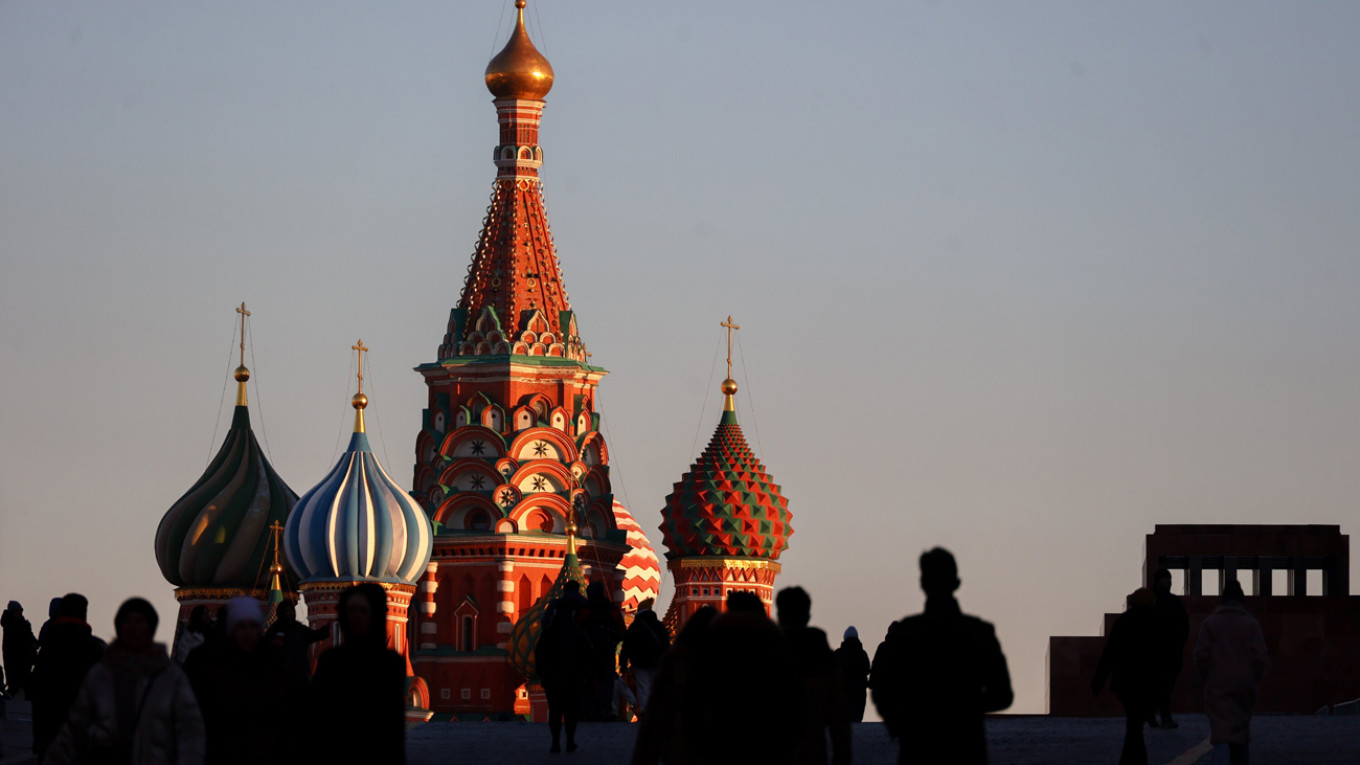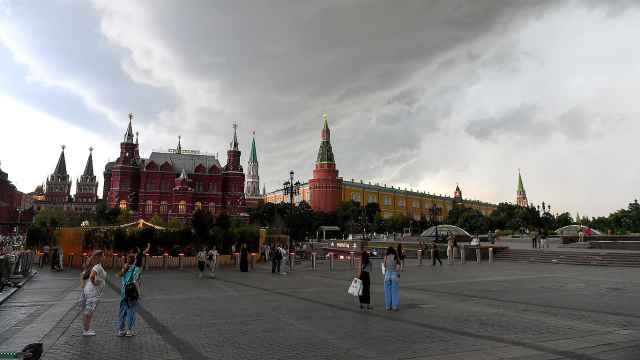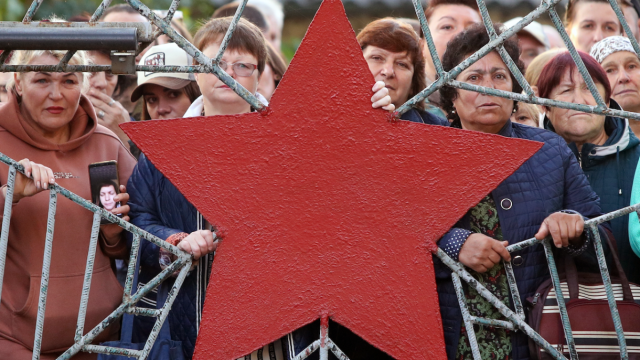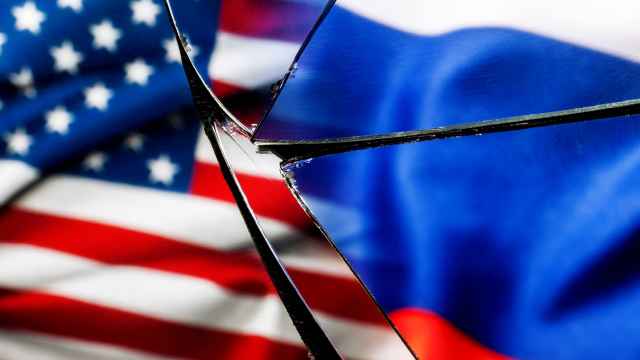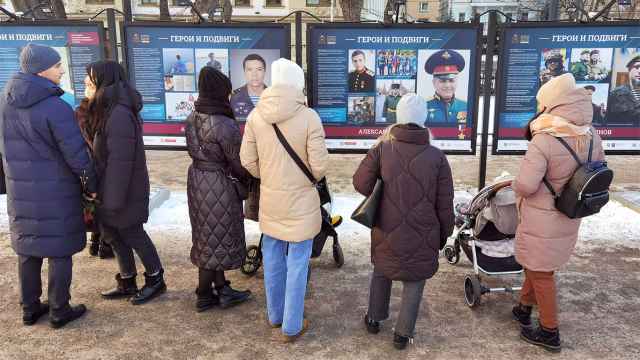More than half of Russians believe the ongoing war in Ukraine has negatively affected their daily lives, according to a new survey by the independent research project Chronicles.
The poll, conducted in February 2025, said that 54% of respondents reported adverse effects from the conflict, while only 9% said it had improved their lives. Another 32% said they had not noticed any significant impact. The findings highlight growing public dissatisfaction with the economic and social consequences of the war, now in its third year.
Economic hardship has been a key factor shaping public sentiment. The survey said that 36% of respondents reported a deterioration in their financial situation, up from 27% in September 2024. Among working Russians, 40% said they were forced to work longer hours to sustain themselves, while only 6% had experienced a reduction in workload. Rising inflation and economic pressures have made it increasingly difficult for many to maintain their standard of living.
As the costs of war escalate, support for military spending as a national priority has declined. The share of respondents who believe defense should be the government’s primary expenditure fell from 43% in September 2024 to 36% in February 2025.
Meanwhile, those prioritizing social spending rose from 38% to 48%, reflecting shifting attitudes amid deepening economic difficulties.
Despite these concerns, Russian society remains divided over the war itself. The poll found that 52% of respondents still support the invasion, while 48% do not.
One of the key points of contention is whether Russian forces should withdraw from Ukraine without achieving the government's stated objectives. In February 2025, 41% supported a withdrawal, down from 50% in September 2024.
Researchers suggest the decline is linked to recent battlefield developments, as Russian forces have made small territorial gains. These advances have reinforced the belief among some citizens that victory is within reach, reducing pressure for a negotiated settlement.
Views on how best to end the war remain highly polarized. The survey found that 26% of respondents advocate escalation, including mobilization, territorial expansion or other aggressive measures.
In contrast, 23% support de-escalation through diplomatic means, such as negotiations, troop withdrawals or agreements with Western leaders, including U.S. President Donald Trump. Another 29% are uncertain about the best course of action, while 17% believe the situation should remain unchanged.
Perceptions of external influence also shape expectations for the war’s resolution.
Respondents who see the conflict’s outcome as dependent on figures like Trump or Chinese President Xi Jinping were more likely to anticipate a resolution in the near future. However, Russian President Vladimir Putin remains the most frequently cited figure in discussions about how the war might end.
This article first appeared in bne IntelliNews.
A Message from The Moscow Times:
Dear readers,
We are facing unprecedented challenges. Russia's Prosecutor General's Office has designated The Moscow Times as an "undesirable" organization, criminalizing our work and putting our staff at risk of prosecution. This follows our earlier unjust labeling as a "foreign agent."
These actions are direct attempts to silence independent journalism in Russia. The authorities claim our work "discredits the decisions of the Russian leadership." We see things differently: we strive to provide accurate, unbiased reporting on Russia.
We, the journalists of The Moscow Times, refuse to be silenced. But to continue our work, we need your help.
Your support, no matter how small, makes a world of difference. If you can, please support us monthly starting from just $2. It's quick to set up, and every contribution makes a significant impact.
By supporting The Moscow Times, you're defending open, independent journalism in the face of repression. Thank you for standing with us.
Remind me later.


